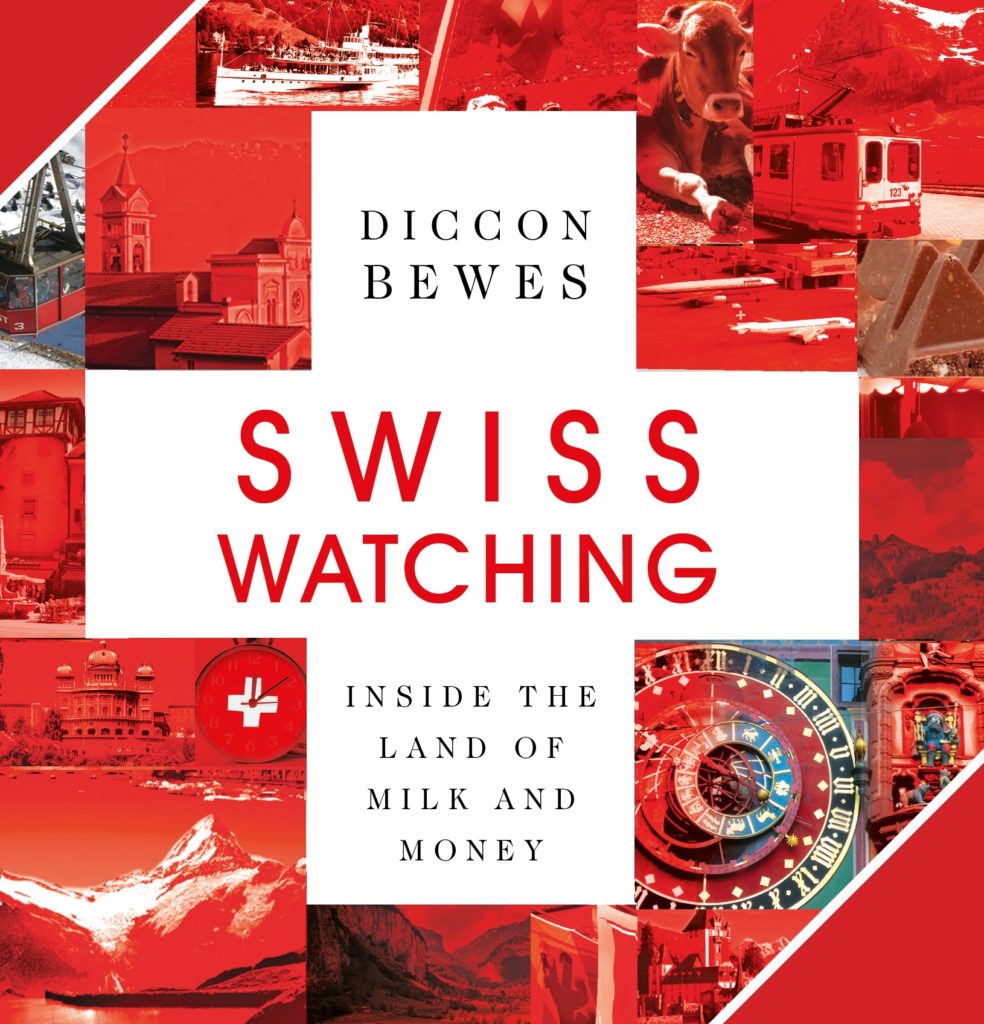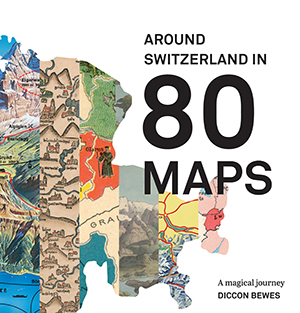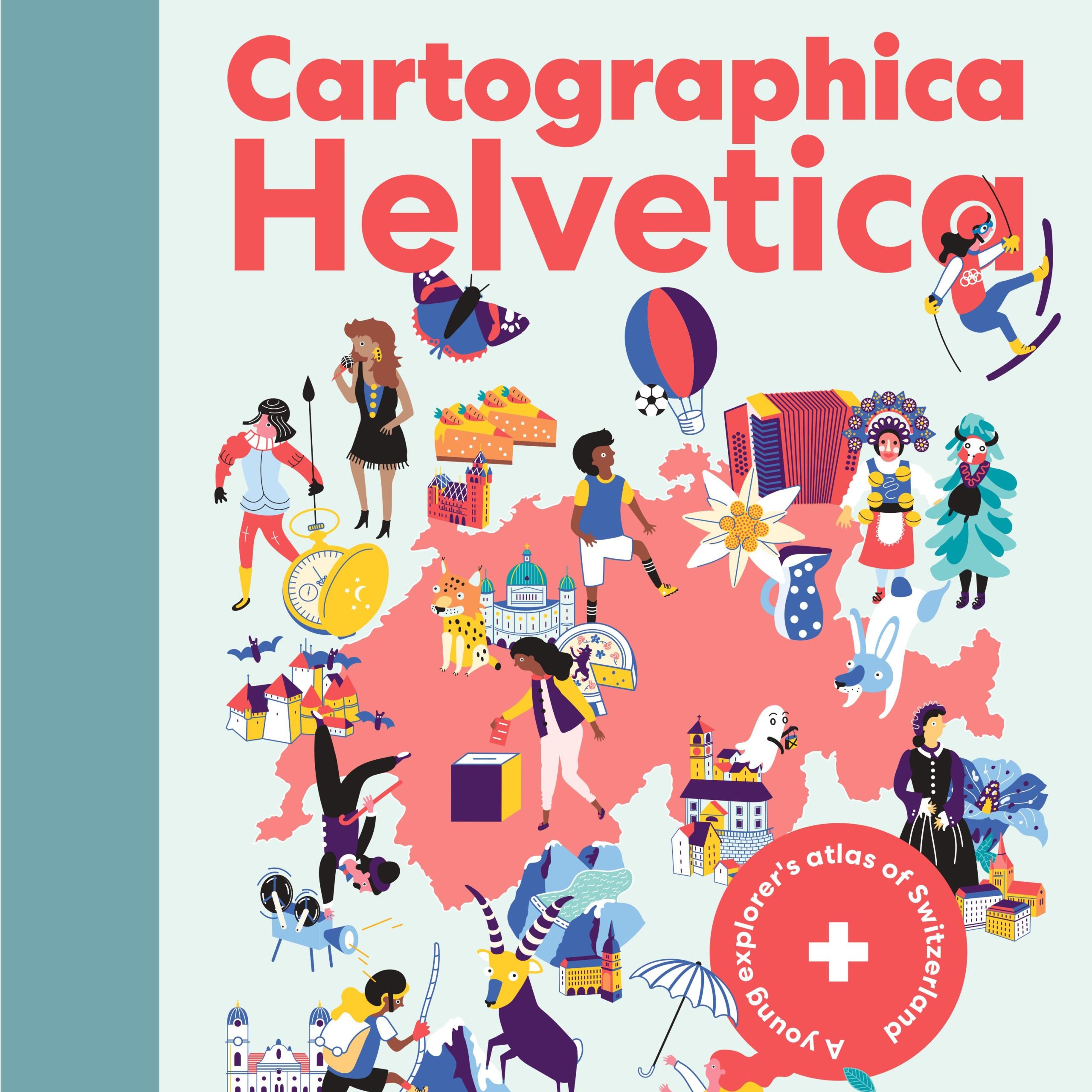Lots of trouble from two little dots
February 21, 2011, 7 Comments
Zurich or Zürich? If you’re not a German speaker, you might be forgiven for thinking there’s little difference between the two. Certainly English guidebooks happily use either (unlike Geneva, which is always that rather than Genève) while most English ears would be hard pushed to hear a difference in normal speech. But those two little dots, or umlaut as that accent is known, are a very important part of German, and not just in place names.
Take the word schön, which even someone who speaks absolutely no German might recognise as part of the phrase Danke schön, or thank you very much though the literal translation is ‘thank you beautifully’ as schön means beautiful. It’s a word you hear a lot in Switzerland as the Swiss Germans love to wish each other a schönen Tag or a schönen Abend, and a schönes Wochenende – roughly ‘have a nice day/evening/weekend’ – or even just the all-purpose schöne! All of that changes without the umlaut on the o, because schon means already. That’s a big difference in meaning, but at least not an embarrassing one.
Mixing up schwul and schwül could be far more interesting. The former means gay (as in not straight), the latter humid or sultry (normally used to describe the weather). I can see it now: a non-native German speaker wanting to tell his friends something really important, and coming out with the immortal phrase Ich bin schwül or I’m humid – or even I’m sticky. And it gives a whole new meaning to that old-fashioned English catchphrase ‘What a gay day!’
The big problem is that umlauts are dotted all over the place in German. The three vowels a, o and u can all morph to ä, ö and ü, which change not only the pronunciation but the meaning, as we have seen. Sometimes the umlaut merely signifies a plural: Mutter and Apfel are singular but Mütter and Äpfel plural (mother & apple/mothers & apples). Or it pop up in a verb: wir kamen and wir konnten are very different from wir kämen or wir könnten (the latter are subjunctive). Even adjectives get in on the umlaut trick, so that gross and hart (big and hard) become grösser and härter (bigger and harder) in the comparative.
It’s all rather confusing if the closest you got to an accent when growing up was wondering if cafe was the real English spelling for a café. But just as English ears can hear the distinct difference between village and willage, so German ears pick up on the mangled sounds of foreign attempts at pronouncing umlauted vowels. To do it right you basically have to pretend you are an Inspector Clouseau who learnt English in South Africa and contort your mouth into all sorts of vocal gymnastics. Or you could listen to each vowel here.
Not saying a word won’t help either, because umlauts still appear in writing. As I noted in this previous post, the umlaut vowels mean that Swiss computer keyboards look very different from English ones. But email and internet addresses, which were invented by English speakers, don’t recognise accents, so umlauted vowels have to be written as ae, oe or ue. Zürich city’s website is www.zuerich.ch and if my name were Hans Müller, I would have to have hansmueller@… for my email address. Umlauts almost never appear in German crosswords, when again the -e comes into play (so it would be schoen not schön, Muetter not Mütter), whereas a German Scrabble set has one of each – the Ä and Ü are 6 points, the Ö is 8. So a vowel change can really affect your game: gay (schwul) scores less (13 to 18), but beautiful (schön) much more (16 not 10); just as well some of us are both.












 Follow on Facebook
Follow on Facebook Follow on Twitter
Follow on Twitter Subscribe by RSS
Subscribe by RSS Contact me directly
Contact me directly Global Solutions Inc.
Global Solutions Inc.
7 Comments on "Lots of trouble from two little dots"
great article. It took me quite some time to adjust to the English keyboard after growing up in Switzerland. Now I have trouble with the Swiss one. I made myself a list of ALT codes for the Umlauts, press the Alt key and hold it down and then type in the numbers : ä = Alt + 0228, ö = Alt + 0246, ü = Alt + 0252. That way my correspondence with my Swiss family looks proper, but if I am lazy I just add the e after the vowel.
Great article indeed. A real pleasure to read.
I second you on that Marlies, with time you begin to memorize the different ALT + codes. Especially when writing in French or Spanish this is the only solution.
Please do not give the impression that forms with “e” are recent variations due to the introduction of keyboards . Or do you really believe that ? I have no time to check but I believe they predated the umlaut.
Love the audio alphabet!
Nice observations, but here is one of my own. Your book is great, and so is this article, but I can’t help noticing that there are frequent references about your choice of sexuality. Get over it Diccon! 🙂
Glad you like the book, and the article. I’m just sorry that you think sexuality is a choice – presumably at some point you chose to be straight?
Which came first, the chicken or the egg?
Which came first, the ‘e’ or the Umlaut?
I checked Wikipedia for ‘Umlaut’ :
Originally to change a vowel’s sound in written German an ‘e’ was added over that vowel, or after that vowel as in these names: Goethe, Goebbels, Staedtler. Over time handwriting styles changed; the ‘e’ had two vertical strokes, these strokes were gradually reduced to dots and made their way over the affected vowel.
So, does the ‘e’ predate the Umlaut? Yes! (It sure comes in handy knowing there are quick alternatives when using a keyboard where Umlaut letters are not available….. like here in Canada.)
Gave your ‘Swiss Watching’ book to our sons who are studying at the Universitaet Luzern – an informative and fun read (and so is your blog).
Vielen Dank.